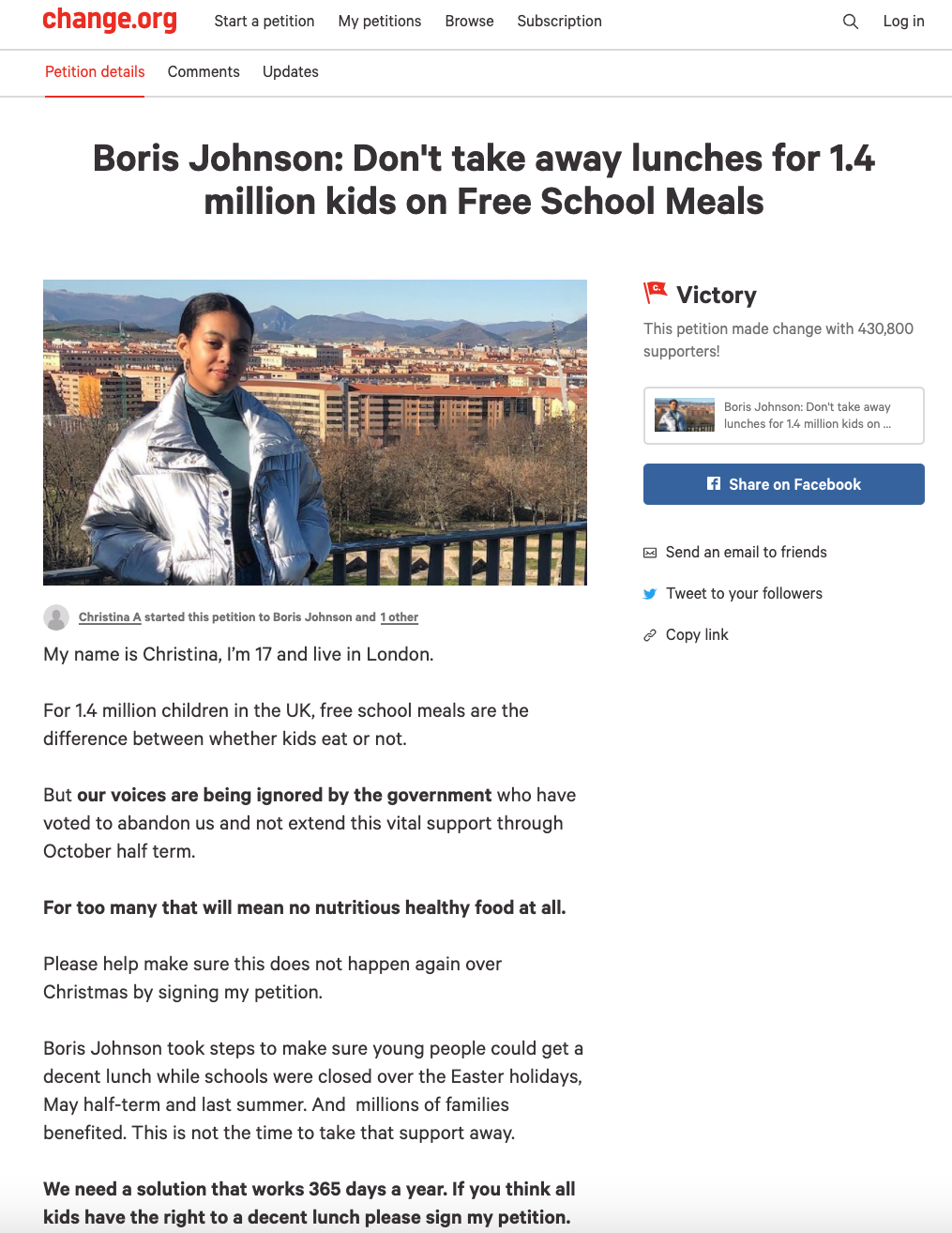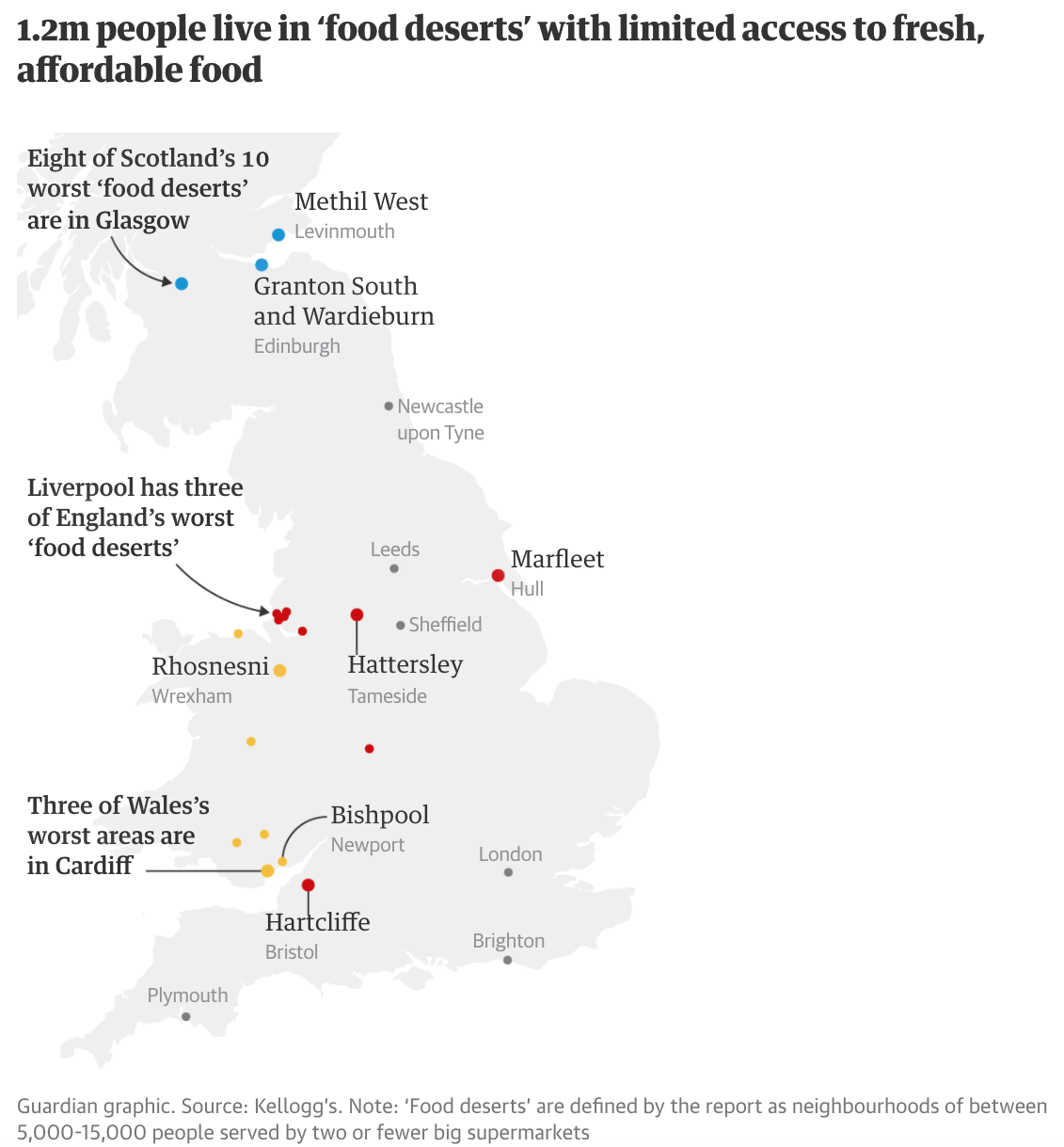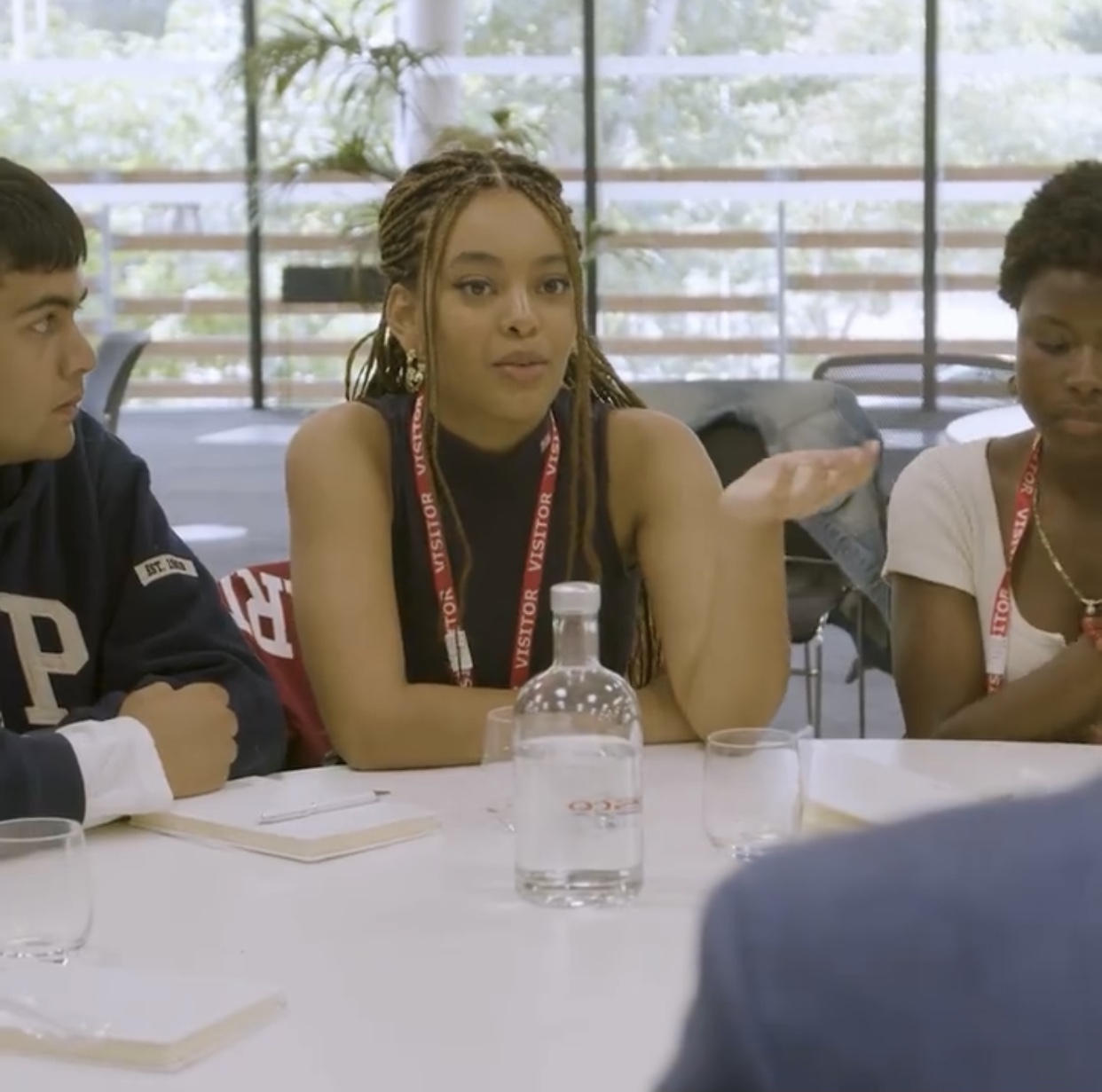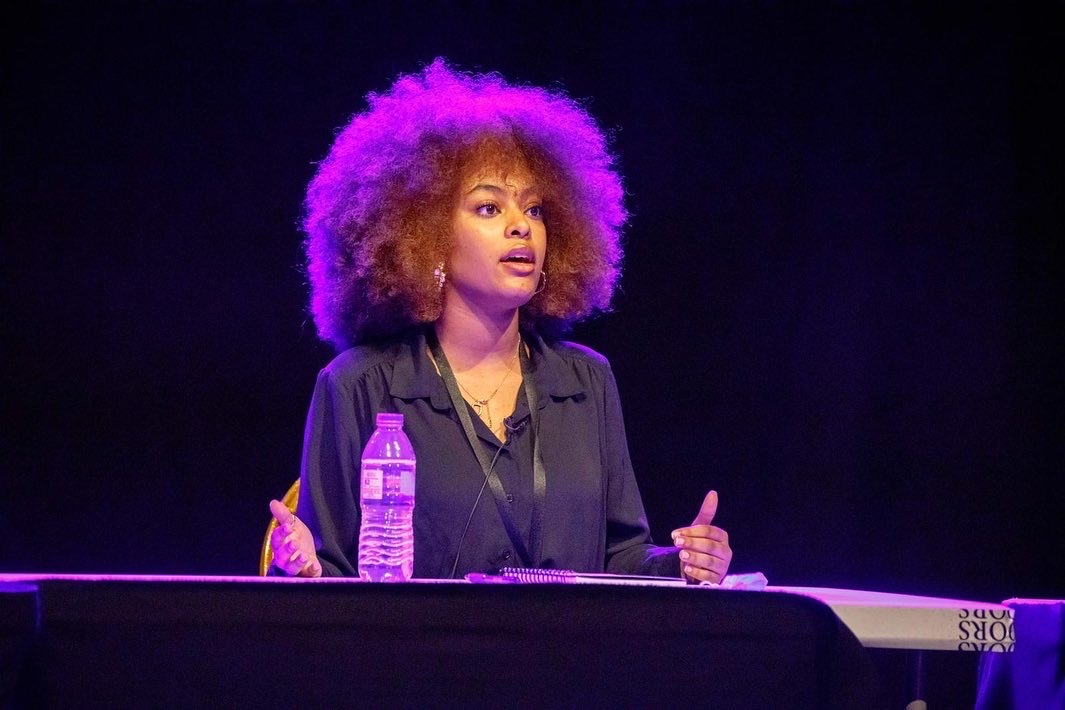I spoke with the 18-year-old next-generation leader about her tireless work to achieve meaningful change in a world where all young people deserve the opportunity to be healthy.
Long before Marcus Rashford brought the UK’s child hunger crisis to global attention, with his open letter to Boris Johnson challenging the government’s deprivation of free school meals to 1.2 million youth, Christina Adane was championing the fight against injustice within the nation’s food systems.
‘The fact we’re one of the richest economies in the world and young people don’t have access to at least one nutritious meal a day is frankly appalling,’ says the 18-year-old trailblazer, who tells me that witnessing such discrimination first-hand throughout her own education in south London fostered a deep sense of frustration towards the problem.
This became the catalyst for her activism, which has seen her included in the BBC’s list of 2020’s 100 most inspiring and influential women and receive the Diana Legacy Award, an accolade celebrating the achievements of international teenage visionaries.
Deservedly so, I might add, given how immediately evident her passion for and dedication to the cause is the moment we begin our conversation on Zoom. Barely an adult, she demonstrates maturity and selflessness well beyond her years.
‘I think youth is my power, and being so young, that’s what shocks people into listening,’ she says. ‘I was 15 when I embarked upon this journey, having grown up surrounded by shame for being a low-income student.’

Referring here to her personal experiences with the free school meal programme, Christina explains that despite sharing a similar background to her peers, a substantial amount of stigma was still firmly attached to what is fundamentally a basic human right.
‘I’ve not shied away from being poor, but I never really felt like I was working class until it came to lunchtime,’ she adds. ‘You have the same resources, the same teacher, but it’s always the food that separates you.’
This recognition, paired with the circumstances of her childhood and the light they shone on an inherently broken system, drove her to start a petition.
A petition that garnered almost half a million signatures and laid the groundwork for the government’s dramatic last-minute U-turn to continue providing struggling families with vouchers during lockdown.
‘I was enraged,’ she says. ‘It was not the time to pull back the single most necessary provision for young people to ensure they had food in their bellies.’

Without Christina’s intervention, such repercussions would have worsened amid the economic upheaval caused by Covid-19, far worse than recent findings currently suggest (a survey of 6,490 UK households revealed a 27% higher level of food insecurity than pre-pandemic).
‘People love to overcomplicate the issue when the baseline is that every young person deserves and has the right to be healthy,’ she says, adding that the fight for food equality sometimes feels like a silent one.
‘The topic isn’t ‘sexy’. It can’t be tokenised and it’s not as loud as racism or the climate emergency because it’s a gradual thing. It’s creeping illnesses and diseases that happen over time because we’ve been robbed of our right to health from a very, very young age.’
Her efforts don’t stop there, however. Realising that she’d been living in a food desert, whereby people have limited access to a healthy diet and are consequently more at risk of conditions like diabetes, Christina made it her mission to raise awareness about this and the impact it has on minority groups in particular.
Joining forces with Bite Back in 2019, they’ve been working to tackle the hidden issue of child obesity in the UK ever since. One of the greatest challenges the nation faces according to its Department of Health and Social Care, one in three children are reported to be leaving primary school overweight, making the UK Europe’s child obesity capital.






















